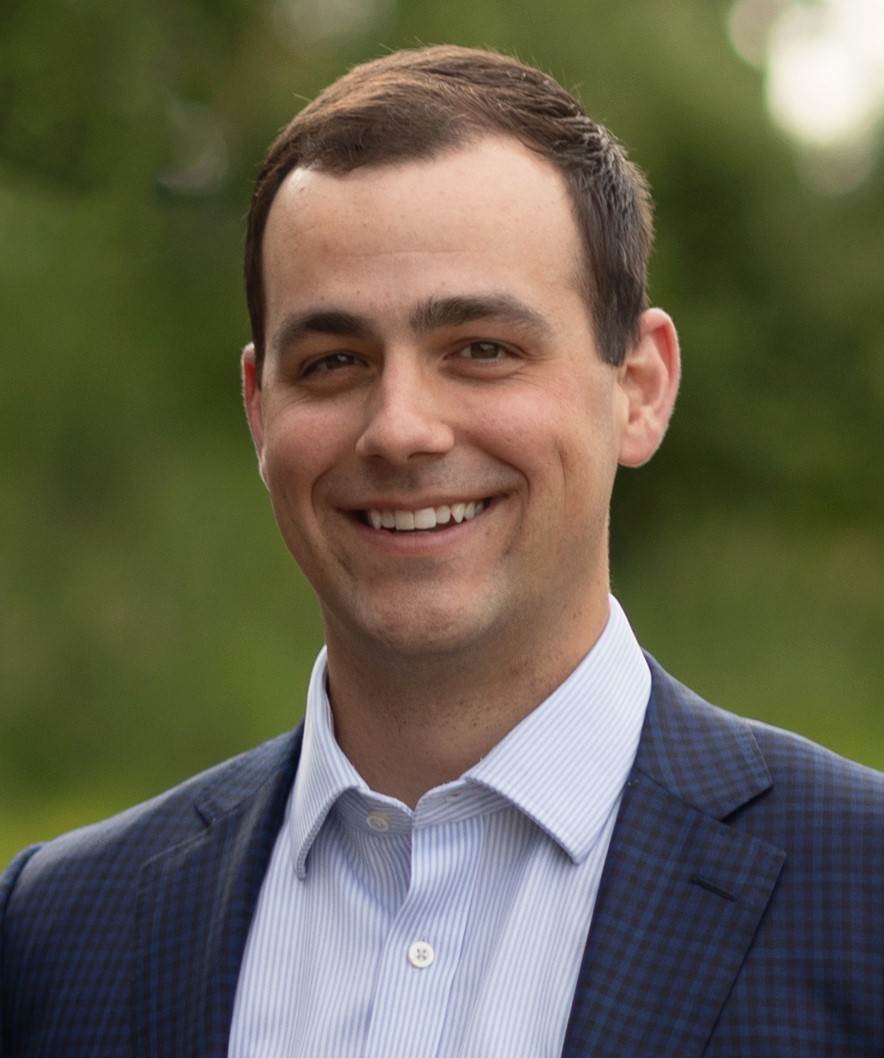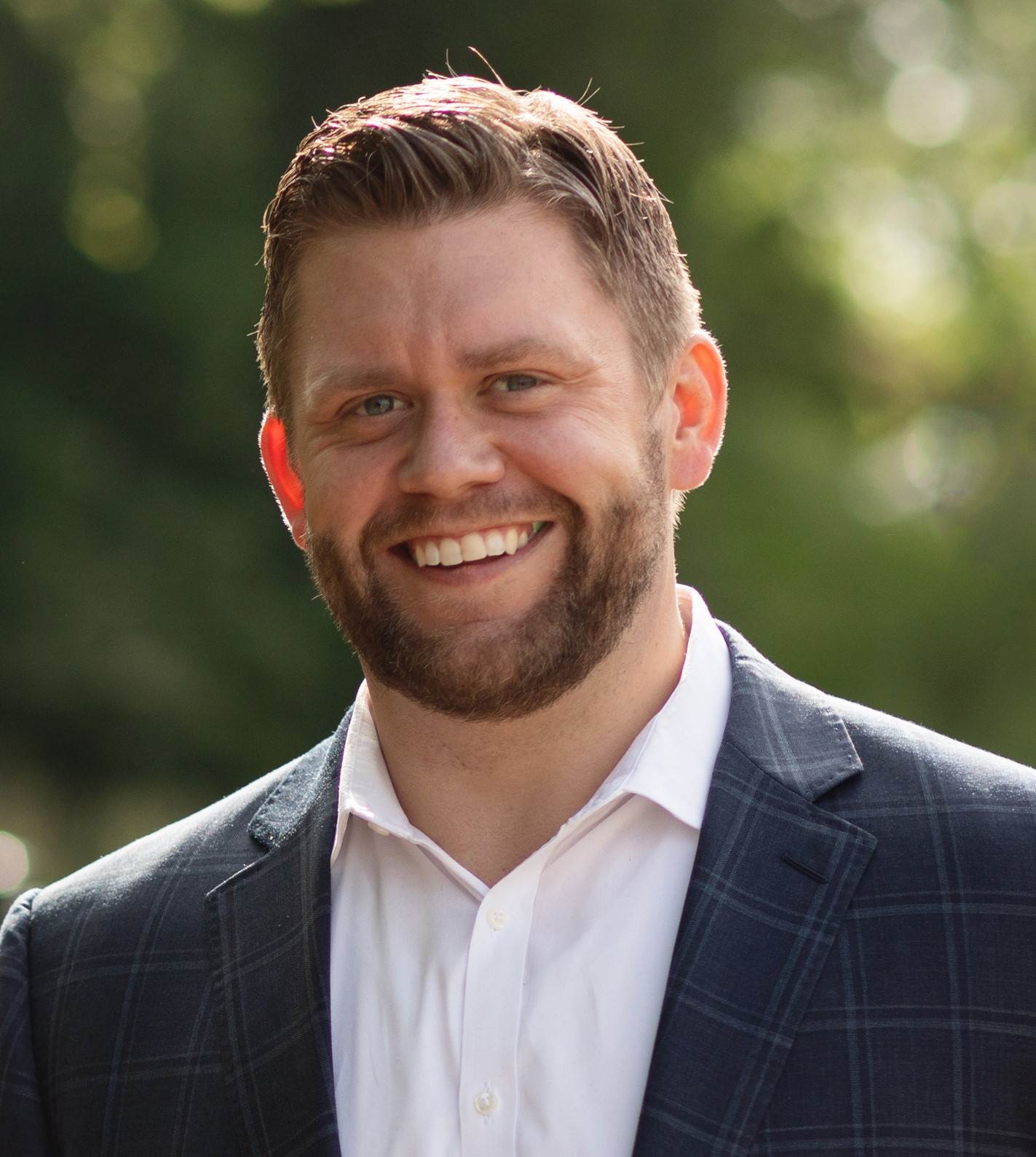Increase Your Bottom Line While Making an Impact in Your Community
As we kick off National Estate Planning Awareness Week and enter the final quarter of the year, it’s important to know how strategic charitable gifts can help increase your personal or business bottom line while making an impact in our community. When considering charitable giving, there are a number of opportunities. Below are three strategies to consider going into year-end:
Gift Appreciated Shares/Assets
While most donors’ primary means of making grants to their local organizations are made via cash donations, there are more tax-efficient ways to give. By gifting appreciated assets, the donor may be able to benefit from additional tax savings by avoiding long-term capital gains and net investment income taxes on their gift. This can save up to an additional 32.3% in taxes for donors in the highest federal and state income tax brackets on any long-term capital gains. Gifting appreciated shares is one of the most tax-efficient ways to grant dollars to your favorite organization, while allowing Uncle Sam to share in the donation. Many Donor Advised Funds (DAF) providers, like the Community Foundation of Greater Des Moines, can accept a wide range of appreciated assets including publicly traded stock, real estate, farmland and more!
Bunch Contributions & Utilize Donor Advised Funds
The recently passed Tax Cuts and Jobs Act not only reduced the number of tax brackets and cut the corporate income tax rate, but it also increased the standard deduction. With the increase in the standard deduction and the reduction or elimination of many common itemized deductions, many more tax filers will be taking the standard deduction. Taxpayers who take the standard deduction will now lose the marginal tax benefit of charitable contributions. However, by bunching contributions (or combining multiple years’ worth of contributions into one tax year), taxpayers can restore the tax deductibility of these contributions, and this is where (DAFs) come into play.
DAFs allow donors to make a charitable contribution and receive an immediate tax deduction, and then recommend grants from the fund in the future. The primary luxury a DAF affords donors is flexibility. Donors can benefit in the current tax year by making a contribution in a high-income year or use "bunched" donations every few years to receive a higher itemized deduction in those years. This allows them to then claim the standard deduction in other years while using the donor advised fund to meet their charitable obligations regardless of which year they take the deduction.
Partner with the Community Foundation of Greater Des Moines
The mission of the Community Foundation of Greater Des Moines is to improve the quality of life for all by promoting charitable giving, connecting donors with causes they care about and providing leadership on important community issues. To meet this mission they offer a number of tools and resources to connect donors with charities important to them and provide customizable solutions to open a new donor advised fund, or add to an existing charitable fund.
Additionally, the Community Foundation of Greater Des Moines provides access to the Endow Iowa Tax Credit program, a 25% state tax credit on gifts made to qualified charitable funds.
[Learn more about corporate tax advantages and incentives in Greater Des Moines (DSM).]
Gifts are just one piece of making an impact in your community. Our firm is proud to be located in a city where there is an abundance of opportunities to donate your time and skills to organizations that make our community stronger. Connect with the Greater Des Moines Partnership or United Way of Central Iowa to learn more.
This publication is not intended as legal or tax advice. McGill Junge Wealth Management does not render tax advice. Please work with a qualified tax professional for tax advice for advice on individual circumstances.


*Scott McEachron, pictured left, and Trent Burley, pictured right.
Greater Des Moines (DSM) has one of the best business climates in the country. The region is nationally recognized for having a talented and educated workforce, a cost of doing business 17% below the national average, a low cost of living and an exceptional quality of life.